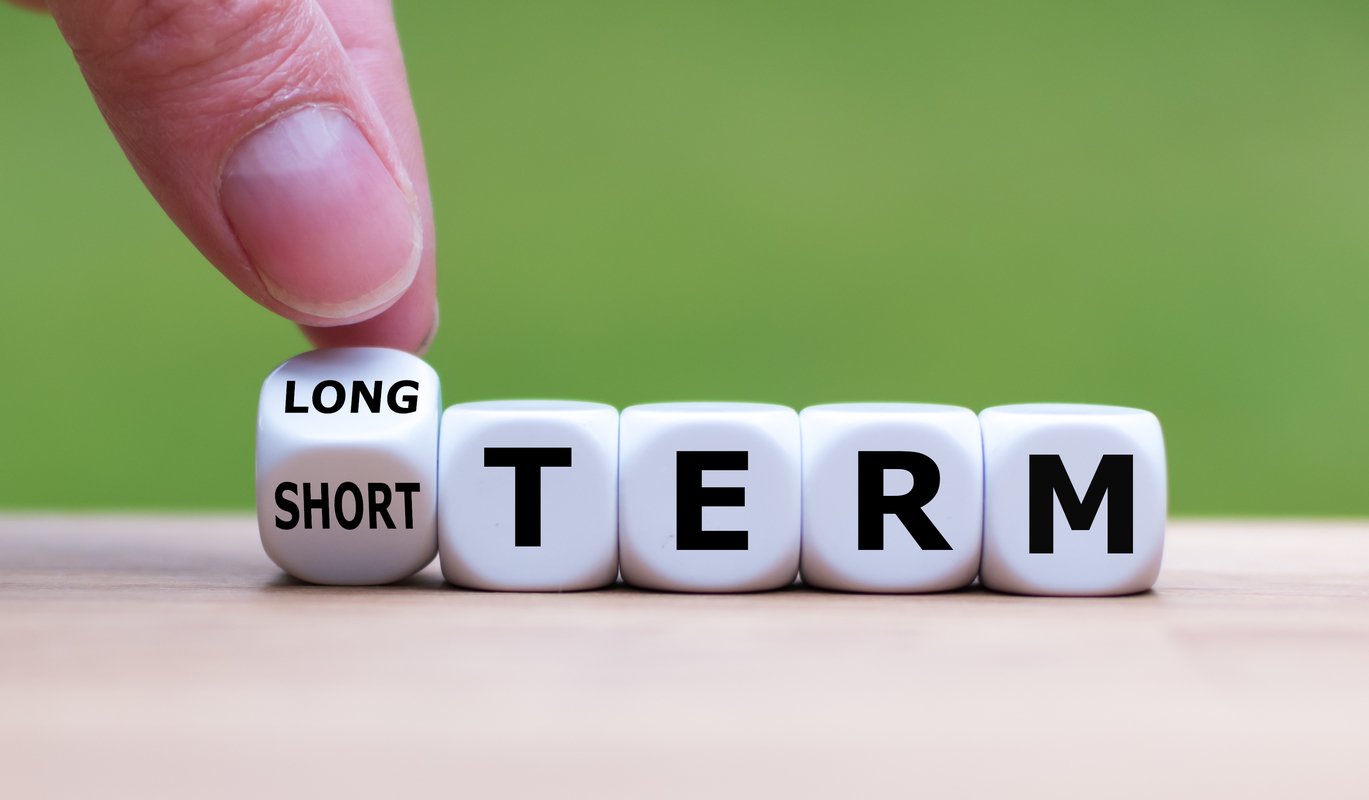Even though U.S. stock markets are currently hitting all-time highs and the economy remains in overall good shape, investors are increasingly concerned that a recession may not be too far off. The U.S. economy is showing distinct signs of a slowdown heading into 2020, China's blistering growth rate has tapered off significantly, and the eurozone may already be in recession based on the latest export numbers coming out of the region. So, it may indeed be time for U.S. investors to get defensive.
Which stocks are best suited to weather an economic downturn? The dividend-paying large-cap pharma stocks Amgen (AMGN +3.62%) and Bristol-Myers Squibb (BMY +1.30%) could be just what the doctor ordered. Here's why these top healthcare names should continue to deliver stellar returns on capital, no matter what happens to the broader economy.

Image source: Getty Images.
Amgen: Biotech's blue blood
Amgen sports an enormous market cap of $134 billion, a top-flight share repurchase program, and a healthy annualized dividend yield of 2.55%. While the company's worldwide revenues of $5.7 billion in the third quarter actually declined by 3% relative to same period a year ago as the result of multiple patent expirations, Amgen has taken a number of steps to boost its top line during this turbulent period.
Chief among these efforts, Amgen recently acquired the megablockbuster psoriasis medication Otezla and signed a valuable marketing partnership with Chinese biopharma BeiGene (BGNE +1.45%). Despite the hefty price tag of these transactions, though, Amgen still has approximately $20 billion in cash and cash equivalents remaining. So there's a good chance that the company will continue to aggressively pursue value-creating business development deals in 2020 and beyond.
Most importantly, Amgen's portfolio of life-saving immunology, oncology, and cardiovascular drugs shouldn't be subject to the whims of the broader economy. So, with a healthy balance sheet and strong near-term outlook, this biotech should definitely be on the radar of defensive-minded investors right now.
Bristol-Myers Squibb: A wide economic moat
Bristol-Myers recently added to its trove of growth products by completing a $74 billion merger with Celgene. As things stand, the combined company is trading at under nine times forward earnings, and it also offers a juicy dividend yield of 2.9%. But the best part is that this biopharma behemoth now owns one of the most valuable oncology franchises in the industry following this tie-up.
Bristol-Myers came into this marriage with several high-profile cancer drugs, such as Opdivo, Yervoy, and Sprycel. Through this merger, it added Celgene's top-selling oncology medicines Revlimid and Pomalyst, as well as a string of high-value blood disorder therapies and drugs.
In short, it has built a ginormous economic moat in oncology that should make it nearly immune from competition in several key areas. That's not to say that individual drugs won't wax and wane as the overall field evolves, but Bristol-Myers' oncology portfolio as a whole should have little trouble generating healthy levels of growth for years to come.
Turning to the big picture, the company should be able to easily resist any downturn in the broader economy. Cancer patients aren't going to forgo treatment just because the economy is slowing down. As a result, Bristol-Myers is arguably one of the safest plays in the market today.








